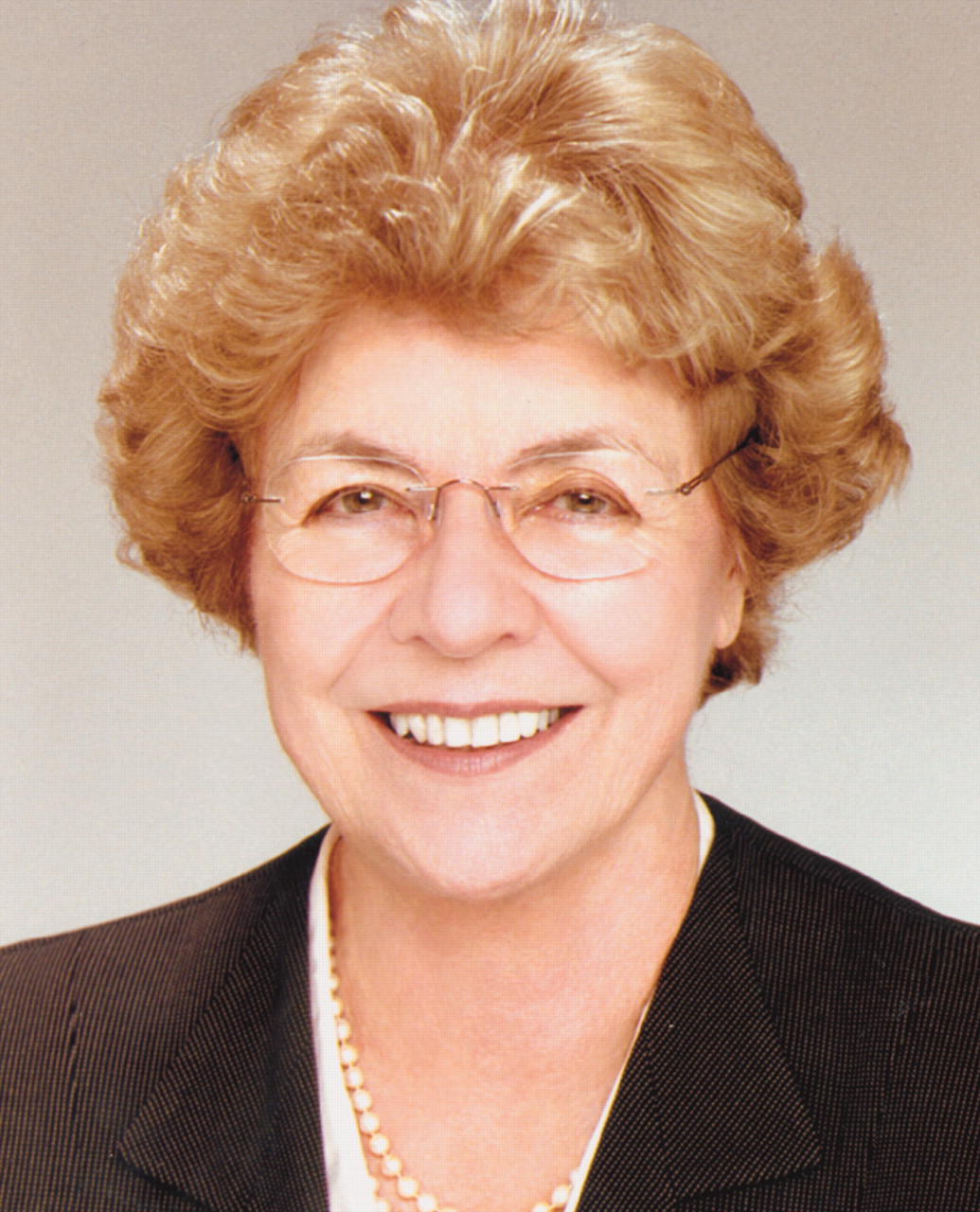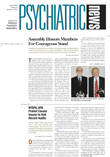This year many of our colleagues felt the heat of a dangerous fire when Oxford Insurance Company demanded they turn over their psychotherapy notes to verify the authenticity of reported billable hours. The story broke on September 27 with the
New York Times headline: “Insurer Seeks Return of Fees for Therapy.” The
Times reported that the insurer, Oxford Health Plans, had audited hundreds of psychiatrists, psychologists, and social workers; deemed their notes as inadequate documentation of the sessions; and demanded repayment of thousands of dollars from each provider
(Psychiatric News, November 7).
Shocked by this revelation, I was heartened that the New York Times on October 4 published my letter to the editor, which addressed the outrageous breach of patient confidentiality associated with Oxford’s actions. In my letter I stated:
“Imagine the chilling effect on the open expression of one’s thoughts and feelings during a psychotherapy session if it is understood that the therapist is taking verbatim notes, notes that will be reviewed by one’s insurer. Such intrusions destroy the needed doctor-patient therapeutic commitment to privacy.
“ ‘Reason tells us that psychotherapists and patients share a unique relationship, in which the ability to communicate freely without the fear of public disclosure is the key to successful treatment.’ This is the wording of the Supreme Court decision in Jaffee v. Redmond (1996).
“The Department of Health and Human Services appreciated this reality and as a consequence provided special privacy protection for psychotherapy notes in the Health Insurance Portability and Accountability Act regulations. Oxford Health Plans ignores these rulings.”
Working to fight this fire, APA’s Division of Healthcare Systems and Financing, directed by Sam Muszynski, joined forces with the New York State Psychiatric Association (NYSPA) and its executive director, Seth Stein, and president, Dr. Barry Perlman, who had already begun to investigate and counterattack.
On November 7 APA sent a letter to Charles Berg, president and CEO of Oxford Health Plans, expressing the outrage of our organization at the company’s egregious actions. The letter stated that we could not determine Oxford’s documentation standards, we were unable to discover any policy basis for the company’s statements on the documentation of psychiatric services, and we maintained that psychiatrists cannot be penalized for failing to comply with standards that do not exist. We also questioned the qualifications of those conducting the reviews.
In summary we said that Oxford audits raised serious issues with regard to these points: the absence of a documentation standard of review, the qualifications of the reviewer, the lack of appropriate remedial action, and the preservation of patient confidentiality. We respectfully requested an opportunity to meet.
Meetings between Oxford, APA, and NYSPA occurred. On November 25 Oxford Health Plans issued a press release announcing that it was terminating all current audits of psychiatrists in New York, New Jersey, and Connecticut relating to documentation of services. The company also agreed to refund any sums repaid by providers who settled with Oxford and to return all copies of patient records submitted pursuant to the audit.
Quite a timeline! It is a stunning example of how collaboration, along with vigorous, informed, aggressive efforts can result in an outcome of major significance for our patients and our profession.
Traveling the country as your president and attending various meetings, I am frequently asked, “What does APA do for me? Why should I belong?”
I talk about APA as the face to the world of our respected medical specialty and how it supports the high clinical and ethical standards of our profession. To this end, it is a source of our influence on the social and political structures that have great impact on our daily lives and practice. It additionally provides multiple opportunities for lifelong learning and essential practice tools and updates as represented by journals, practice guidelines, and professional meetings. Often I can’t resist also saying, however, “Do we ask the fire department what it does for us? If our house hasn’t caught fire recently, do we wonder why we should pay to support the fire department?”
This fall there were dangerous wildfires in Southern California. Firefighters came from all over California and the neighboring states to help end the devastation. They have returned home now but are poised to go again whenever and wherever they are needed. I think of certain aspects of the value of APA in a similar manner: working collaboratively with district branches to fight psychologist prescribing, providing public education to end stigma, working for parity, and demonstrating the problems with access and the criminalization of people with mental illness. The benefits of these dedicated advocacy efforts are not always as immediately visible. They are, however, integral to what makes our organization strong. ▪

